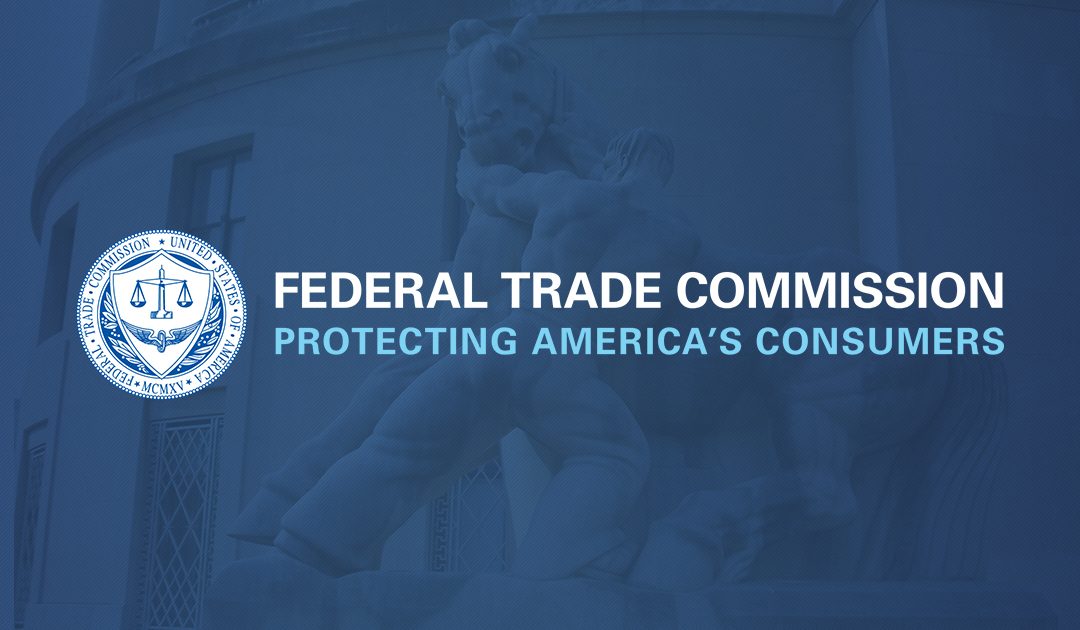
by Scott Muniz | Sep 10, 2021 | Security
This article was originally posted by the FTC. See the original article here.
While some aspects of American life have returned, the COVID-19 pandemic continues to impact this country, and it may be hard to figure out what help you can get now. There’s still aid available through the federal government, as well as your state, local, or tribal government. Some are automatic benefits and others require an application.
Automatic benefits:
- Child Tax Credit. If you have kids, you may have already gotten money from the IRS because of the Child Tax Credit. The IRS has more information about whether you qualify and what to do if you want to unenroll from advanced payments.
- Student Loans. Eligible federal student loan payments are on pause until January 31, 2022. You can still make payments on your principal balance or any interest you accrued before March 13, 2020, but until the pause is over, eligible loans are set to a 0% interest rate.
Benefits to apply for:
If someone contacts you out of the blue offering help and asks for your financial or personal information, that’s a sure sign of a scam. And know that the government won’t ask you to pay anything to get COVID-related financial help. If you spot a scam, report it to your state attorney general’s office and the FTC at ReportFraud.ftc.gov.
Brought to you by Dr. Ware, Microsoft Office 365 Silver Partner, Charleston SC.

by Scott Muniz | Sep 10, 2021 | Security, Technology
This article is contributed. See the original author and article here.

Official websites use .gov
A .gov website belongs to an official government organization in the United States.

Secure .gov websites use HTTPS A
lock ( )
) or
https:// means you’ve safely connected to the .gov website. Share sensitive information only on official, secure websites.

by Scott Muniz | Sep 9, 2021 | Security
This article was originally posted by the FTC. See the original article here.
If you or someone you care about has diabetes and are struggling to afford expensive medications like insulin, ads for products that claim to prevent, treat, or cure Type I or Type II diabetes might catch your attention. But do these products really do what they say? Are they safe? Would your health care provider recommend them? Before you try or buy any new treatment, drug, dietary supplement, or product, ask your health care provider.
The FTC and the FDA have joined forces to call out 10 companies selling unapproved and misbranded drugs they claim will treat or cure diabetes. The companies sell dietary supplements, like capsules and shake drinks, online. One claims its product is a “clinically effective formula” that helps “get your diabetes under control.” Another says its vegetarian capsule “helps balance blood sugar levels for people with diabetes.” But, according to the FTC, those claims may not be backed up by reliable scientific evidence.
In fact, the FTC’s Cease and Desist Orders warn the companies that their claims might not have the scientific back-up the law requires. The agency directed them to review all claims for their products and ensure they are supported by the necessary evidence.
The Cease and Desist Orders tell the companies that — without the necessary scientific evidence — they must immediately stop claiming their products can treat, prevent, or cure diabetes. The letters also require the companies to tell the FTC within 15 days of the specific actions they have taken to address the agency’s concerns. A company that makes deceptive claims about health products can face financial penalties or other legal action.
If you’re looking for treatment for a health condition:
- Talk to your health care provider before you use any healthcare product, even if it claims to be FDA cleared or approved. Your healthcare professional knows your health history and can guide you to safe alternatives.
- Be skeptical about miraculous claims, especially about new treatments. If a product guarantees miracle results, it may be a scam.
- Do some research online. Search for the name of the company, treatment, or procedure, plus the words “scam,” “complaint,” and “review.”
If you spot a scam, tell your state attorney general’s office and report it to the FTC at ReportFraud.ftc.gov.
Brought to you by Dr. Ware, Microsoft Office 365 Silver Partner, Charleston SC.
by Scott Muniz | Sep 9, 2021 | Security, Technology
This article is contributed. See the original author and article here.
Citrix has released security updates to address vulnerabilities in Hypervisor. An attacker could exploit these vulnerabilities to take control of an affected system.
CISA encourages users and administrators to review Citrix Security Update CTX325319 and apply the necessary updates.
by Scott Muniz | Sep 9, 2021 | Security, Technology
This article is contributed. See the original author and article here.
Cisco has released security updates to address vulnerabilities in multiple Cisco products. An attacker could exploit some of these vulnerabilities to take control of an affected system. For updates addressing lower severity vulnerabilities, see the Cisco Security Advisories page.
CISA encourages users and administrators to review the following Cisco advisories and apply the necessary updates:




Recent Comments